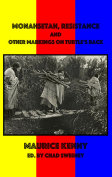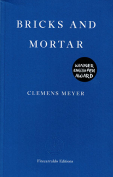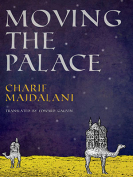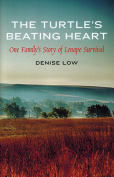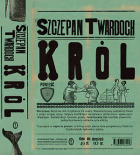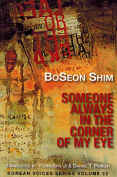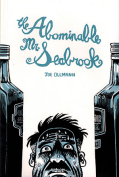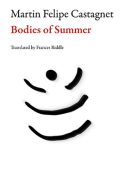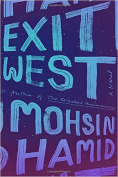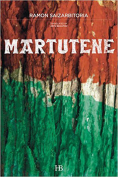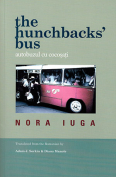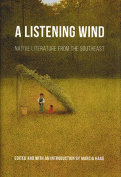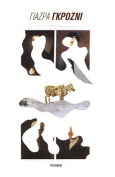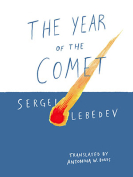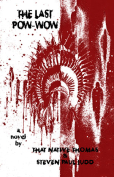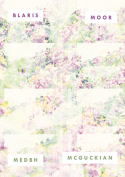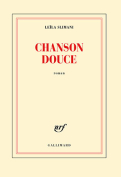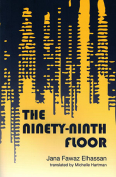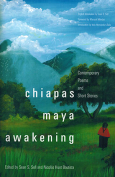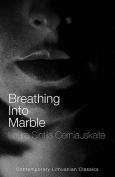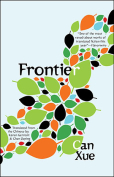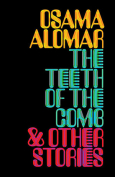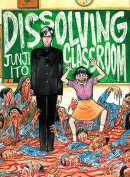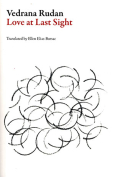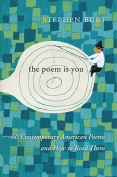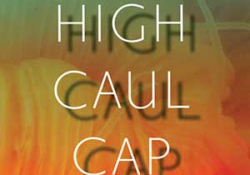Blaris Moor by Medbh McGuckian
 Winston-Salem, North Carolina. Wake Forest University Press. 2016 (©2015). 112 pages.
Winston-Salem, North Carolina. Wake Forest University Press. 2016 (©2015). 112 pages.
Anyone raised in or near an indigenous culture will understand the ways in which language permeates the local sense of identity. The Irish, among others, suffered extensively at the hands of British soldiers and monarchs, as evidenced by the castles, churches, and the very language that dominates the land. The Irish language never left, though, and is still spoken. It marks buildings, street signs, and many other familiar locales in Ireland. Medbh McGuckian’s poetry collection Blaris Moor is a peek inside what it means to live in contemporary Ireland. It is a meditation on the history, beauty, and sometimes utter devastation of the land and her people.
The title of this book refers to the scene of an execution of four men in Northern Ireland in 1797. If the reader is not already familiar with this story, McGuckian provides instruction in the epitaph to the book. To title a collection with an association to violence—that was a result of cultural collision in the worst way—colors the meaning of the piece in a dark veil. Additionally, the opening poem, “An Early Apocalypse,” foreshadows the most unusual and shrouded beauty to expect from the rest of the work, as it begins: “I see the skeleton of the year / poised in the cool moonspray, / trying to catch at the blemished / calendar of the next.” This poem is our guide into the long, dark winters; the ever-present memory of upheaval and resistance.
Blaris Moor is steeped in historical and religious imagery, and serves as an offering of Ireland through the tool of language from some other place. It shows us that language is both connective and destructive. Through common language we more easily share our truths, yet it hinders our complete experience of life—as McGuckian writes, “the shroud of language / brings a silence full of certainty / pretending that language caused / the world.” This collection is mystery; a choir of vibrating songs; a rhythm beating at the heart of what it means to be human.
Sarah Warren
University of North Texas
Get the book on Amazon or add it to your Goodreads reading list.

